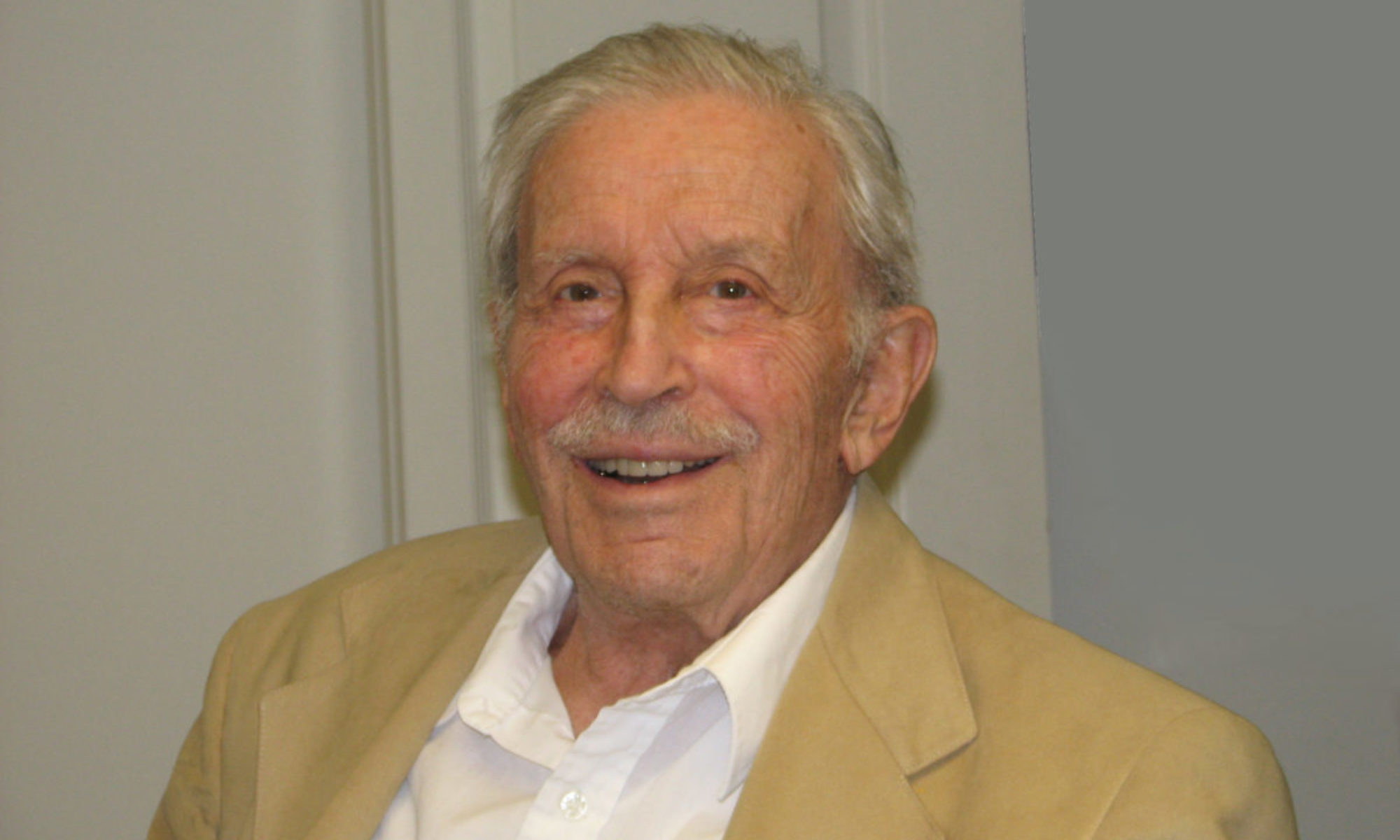Obituary
Published in the Salt Lake Tribune on Jan. 23 2015
June 26, 1916-January 17, 2015
Ernst greatly enjoyed his life, which included sailing, skiing, trekking, traveling, visiting and interviewing shamans, piloting his own plane and, especially, writing books. He pursued these hobbies and maintained friendships from all over the world up to his very last years.
He chaired many committees of the American Psychological Association and received the Carl Heiser Award for Advocacy of Psychology. He was president of the Division of Psychotherapy of the APA, the Utah Psychological and Rocky Mountain State Associations of Psychology. He helped to found the Division of International Psychology of the APA and became its president at the age of eighty one.
He loved his wife Frances, whom he married in 1949. They were married for 65 years. He was very proud of the accomplishments of his son Paul and his daughter Lisa, and enjoyed seeing his grandchildren.
After graduating from Amherst College in 1940 Ernst worked as a Chemist for Mobil Oil Company. When the war broke out he joined the US Army, Tenth Mountain Division, but was sent overseas with the 28th Infantry division. He was captured at the Battle of the Bulge by the Germans and had harrowing experiences in a POW camp. After liberation he received the silver battle star.
He changed his professional interests from chemistry to psychology after the war, receiving his Ph.D. at Columbia University. He taught Psychology at Syracuse University for about 5 years and at the University of Utah for 40 years, where he helped establish the doctoral program in Psychology. He had a clinical practice and enjoyed working with his patients and learning from them.
He published many research papers and several books in his field, The Silent Language of Psychotherapy, and People Reading. He also wrote an autobiographical novel, A Question of Belonging, narrating his life up to the end of the Second World War.
He had a wonderful sense of humor, making others feel good and helping them to laugh. While he faced many profound problems in his life such as having to flee from his home in Germany, his singular characteristic was that he always had a positive approach to life.
He is survived and remembered by his wife Frances, son Paul Beier, daughter Lisa Jameson, four grandchildren Eleonora Beier, Hannah, Bryce and Caroline Jameson, nephews Steven and Peter Beier, and close family friend, Beth Hazur.
A memorial will be held Sunday, February 22, 2015, 3:00pm, at the First Unitarian Church, 569 South 1300 East. There will be a reception immediately following at the American Towers.
Rather than sending flowers, please send a gift in his name to the American Psychological Foundation, 750 First Street NE, Washington, D.C., 20002.
